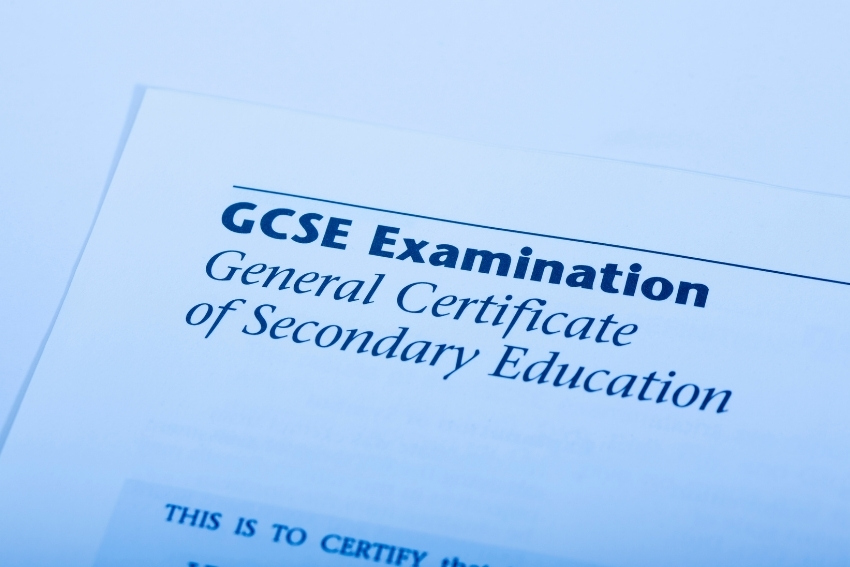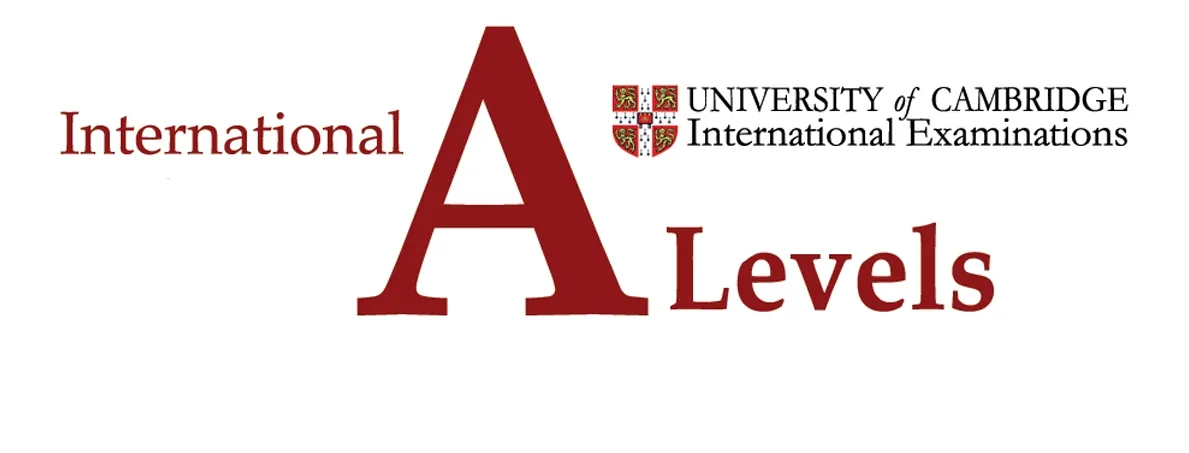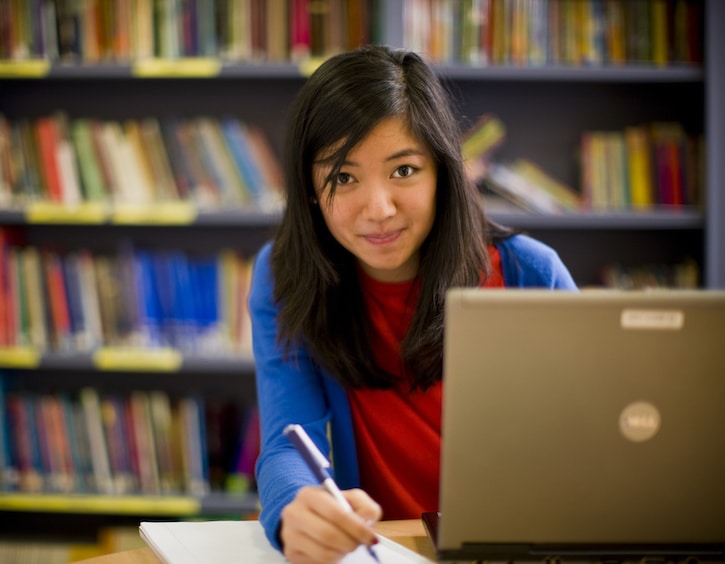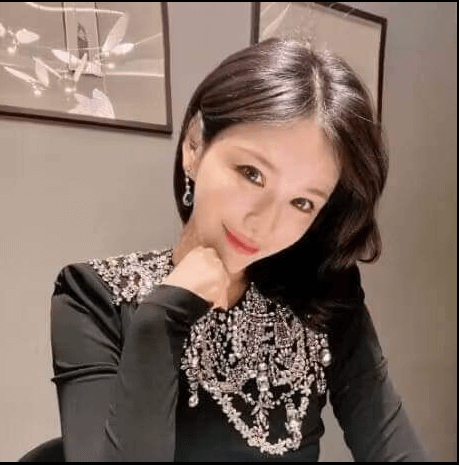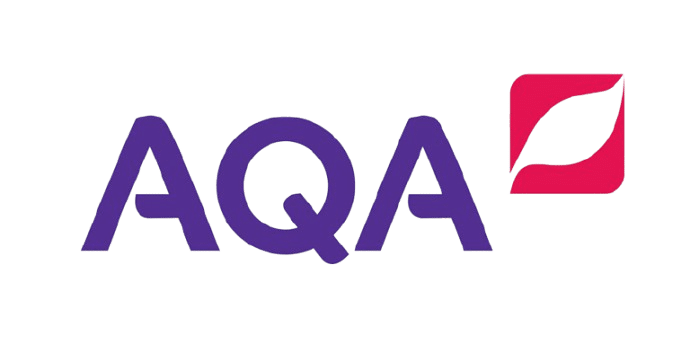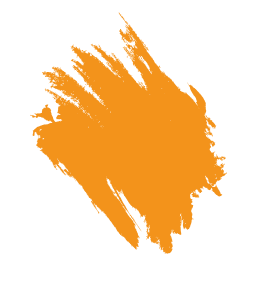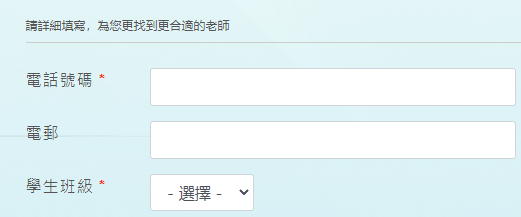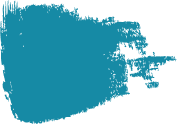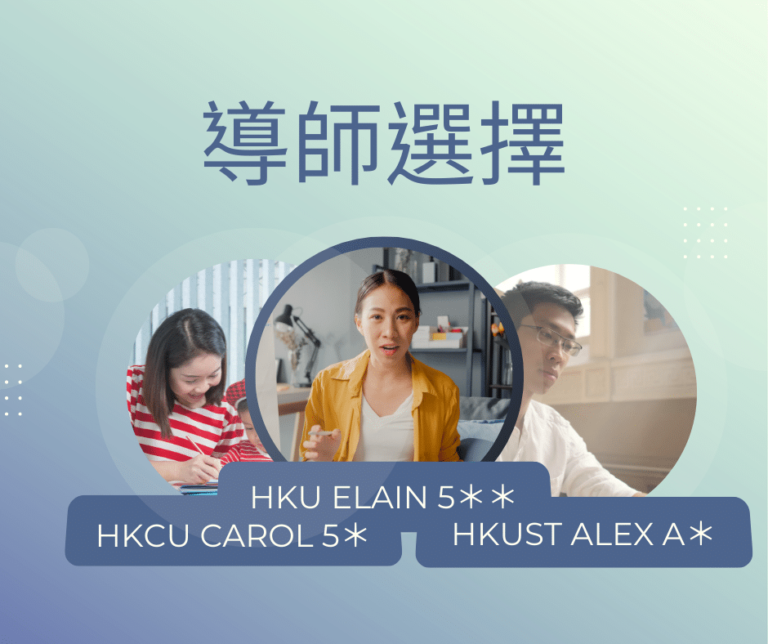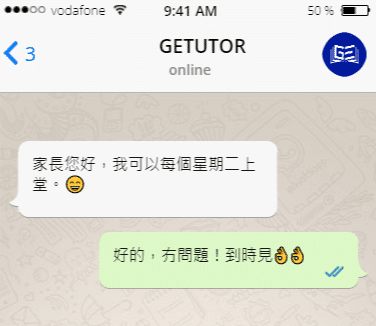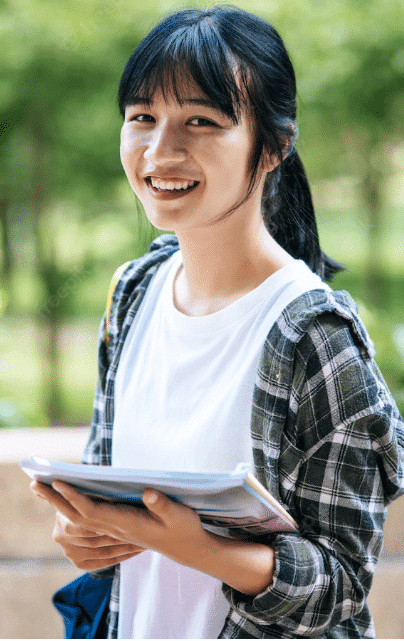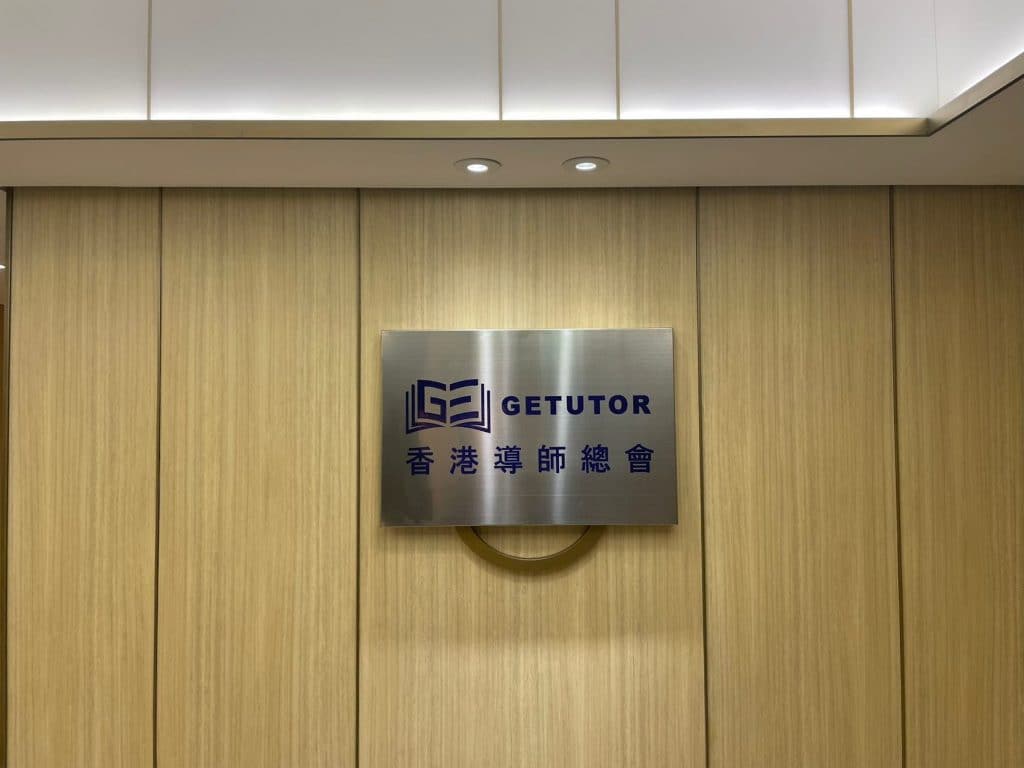Introduction to GCSEs
GCSEs are UK qualifications awarded to students after completion of external examinations. IGCSEs are international GCSEs taken by students studying at schools outside the UK. Both GCSE and IGCSE offer many subjects including (but not limited to) English Language, English Literature, Mathematics, Economics, Business Studies, Physics, Chemistry, Biology, Geography, History and more. GCSE/IGCSE are good bridging courses that prepare students for IB/GCE A-levels/AP. In addition, students can explore their academic interests while taking GCSE/IGCSE, enabling them to choose the subjects they want to study at the next stage.
The grading scale for GCSE/IGCSE has changed since 2017 (first teaching 2017). Grading has been changed from A*-E grades to 9-1 grades, with 9 being the highest grade.
GCSE and iGCSE are widely recognized by top universities, including prestigious institutions in the US, UK, Canada, Australia and Hong Kong.
How to perform well in GCSE/IGCSE?
In preparation for GCSE/IGCSE, students should focus on understanding the fundamentals of each subject, as well as improving their spoken and written English in the early years of high school. Students can also improve their exam skills by reviewing past papers.
Most of our students attend regular lessons once or twice a week, supplemented by intensive lessons over Christmas, Easter and the summer holidays to further improve their results. With the help of our GETUTOR tutors, students can easily tutor and pass IGCSE/GCSE.
GCSE/IGCSE results
90% of GCSE/IGCSE students achieved A or A* (now 9-1). Our IGCSE tutoring students have been accepted by top universities including Cambridge, Oxford, Columbia, Cornell, LSE, Princeton, UCL, Durham and Warwick.
FAQ
1. Is GCSE/IGCSE or MYP a better IBDP pathway?
IBDP has various pathway courses. In Hong Kong, most schools use IB MYP, IGCSE or Pre-IB courses as bridging courses, while in Singapore, most schools use IGCSE (O-level) as bridging courses. Pre-IB means that schools start the IBDP one year in advance to prepare students for the rigorous IBDP. Students can explore the subjects they would like to study during the Pre-IB year, allowing them to make more informed decisions about their subject choices.
What are the requirements for a good IBDP pathway program:
1) Provide students with a solid academic background.
2) Provide students with the opportunity to choose the subjects they wish to study in the IBDP.
3) Prepare for the rigorous IBDP external examination.
Among all the courses, GCSE/IGCSE seems to be preferable over the other two courses.
What are GCSE/IGCSE?
GCSE and IGCSE students typically study between six and twelve subjects (there are virtually no subject limits), depending on the school's requirements and their personal preferences. Since most GCSE and IGCSE subjects are highly academic subjects, such as English Literature, Mathematics, Physics, Chemistry, Biology, Economics, Geography, History, etc., students should choose subjects that can lay a solid academic foundation for their IBDP subjects.
Given that students will be able to study a wider range of subjects during GCSE or IGCSE, they will need to understand each subject individually before deciding which IBDP course to study. This way, you won’t end up feeling that this subject is not helpful to you and that it’s a waste of time.
In addition, students must sit external GCSE or IGCSE examinations, usually in Year 11. While this means that students have to experience the pressure of external exams earlier, on the plus side, students will be better equipped mentally to sit for external exams, which, in turn, helps them prepare for the IBDP external papers.
What is IBMYP?
Compared to GCSE or IGCSE, IB MYP is a 5-year course offered by IBO from Grade 7 to Grade 11. Some schools use an abbreviated form of MYP, such as 2, 3 or 4 years instead of 5 years. You can treat the final two years of the MYP as GCSE equivalents. MYP students must study eight subject groups, including Language Acquisition, Language and Literature, Individuals and Society, Science, Mathematics, Art, Physical and Health Education and Design.
Interested parents and students can find more information about the MYP course structure here:
https ://www.ibo.org/programmes/middle-years-programme/curriculum/
IB MYP is more task- and project-focused. Therefore, students are encouraged to conduct their own explorations within the project. This is an excellent opportunity for bright students to hone their research, analytical and presentation skills. This process enables them to absorb various theories or concepts.
If students do not have clear learning goals, they will be confused during the learning process, not knowing which subject they are stronger at and what kind of practice they need. therefore. It is extremely important for teachers to be able to identify students' weaknesses and be able to coach and report on their requirements. However, this can be a challenging task for teachers given that all projects/studies that students want to study are different.
From an exam perspective, since the MYP course is more task-based, the exam burden will be less. However, sometimes it is the teacher's responsibility to follow the student's lead and make necessary remedial measures when needed.
The IBO launched the first electronic assessment for IB MYP students in 2016. This is equivalent to an external examination with a maximum score of 56 points. Electronic assessment is not a compulsory requirement for MYP schools. The e-assessment includes a past learning portfolio and an online test lasting between 1 hour 45 minutes and 2 hours.
Interested parents and students can click here to view more information:
(https://www.ibo.org/programmes/middle-years-programme/assessment-and-exams/)
The IB MYP exam is less rigorous than the GCSE or IGCSE exams.
Overall, IGCSE or GCSE courses seem to be more academically rigorous and create an IBDP-like exam environment for students. I believe that for very bright students they will benefit from both classes anyway. For students who need more tutoring, IGCSE or GCSE seem to be a better route to the IBDP than the IB MYP.
2. What is the difference between IGCSE and GCSE?
Place
The main difference between IGCSE and GCSE is that they are used by different countries. The GCSE syllabus is mainly used in the UK - both state and independent schools are able to offer GCSE. IGCSE (International GCSE) is for non-UK overseas countries. IGCSE is offered in over 120 countries. In the UK, some private schools also offer IGCSE, but this is less common.
Examination Board
IGCSE and GCSE courses usually last two years. Some schools may compress a two-year term into one year, but this is rare. In terms of exam boards, GCSE is offered by AQA, OCR, Edexcel, CCEA and WJEC. IGCSE is offered by three boards - Cambridge, Edexcel and AQA. Students are usually not allowed to choose their exam board. Schools decide which exam boards to use on a per-subject basis, for example, schools offer Chemistry with Cambridge Board and English with AQA. Whether a school offers GCSE or IGCSE, exam boards are not uniform.
Grading
Another difference between GCSE and IGCSE is the grading system. GCSEs have traditionally used letter grades (A*, A, B, etc.) but switched to a 1-9 numerical grading system following changes to the syllabus. IGCSE has also changed its grading system and now Edexcel and AQA grades are 1-9. Instead, Cambridge Examinations has two syllabus options, which use either a numerical or letter grading system, depending on which one your school chooses. Most schools will opt for a 1-9 numerical grading system across all subjects for consistency. However, 8-9 in the number system is equivalent to A*, so it is easier to get an A* than a 9. Therefore, digital scoring systems are arguably more difficult to achieve high ratings.
Exam timetable
GCSE exams are held annually, usually in May, which best suits the UK school term. They generally do not offer November or January exams.
The IGCSE exams offer a May/June exam period each year. Some boards will offer additional winter exams (eg Cambridge offers winter exams in November and Edexcel in January). In general, however, there will be a reduced range of subject exams offered in winter compared to the main exam period in summer.
Which is more difficult?
The difference between GCSE and IGCSE is negligible. Different syllabuses, of course, will have slight differences in content and curriculum, but the same subject in 80-90% is the same in IGCSE or GCSE. Before the syllabus changes, GCSE required coursework, but now both syllabuses are exam-based. Universities also tend not to favor any one syllabus.
Should I choose IGCSE or GCSE?
If you are an overseas student, it is likely that the only ones available to you are IGCSEs, so you have no choice in the matter. If you are in the UK, you can choose between schools for IGCSE or GCSE. The subjects offered are generally the same, but there are some slight differences in English for IGCSE. GCSE is only offered in English Language and English Literature. While IGCSE offers English as a first or second language. Therefore, if your English is weak, you may consider taking IGCSE English as a Second Language.
However, we also recommend that you consider the requirements for future university applications. Some universities do not accept English as a second language towards the actual language requirement and also require you to take IELTS. Therefore, students are asked to think carefully before deciding to take IGCSE English as a Second Language.
3. English level for UK curriculum (GCSE/GCE A Level): The Sciences
If you have studied in Hong Kong all your life and are now planning to study for GCE/A-level or GCSE exams in the UK, the transition may be difficult and torturous because you will be taught in pure English. Many students wonder how difficult this period is, depending on your original English proficiency.
If your biology, chemistry, or physics courses are taught in Chinese, you may have to look up the dictionary frequently during class, especially for some scientific terms. Even if you learned the English equivalents of these words in biology, for example, mitochondria (Mitochondria), pancreas (Pancreas) and glucose (Glucose). You may also encounter language difficulties in other areas.
accent problem
Additionally, even if your course in Hong Kong is in English, be aware that there are many different accents in the UK. For example, you may encounter English with a Scottish, Irish or RP (Queen's Pattern) accent, or have an Indian or Polish teacher. Even if you know your teachers in Hong Kong, you may not be used to these new British accents. In addition, it is very likely that the British teacher will speak English faster than you are used to, so there will be an adjustment period and you need to be mentally prepared.
Don't get frustrated. The British curriculum is in English and your knowledge of Chinese seems to be wasted. But there are a lot of free English resources online for you to learn from, so once you get used to it, studying in class won't be that difficult.
If your English writing skills are less than ideal, here are a few things to remember:
1. When you write exam answers, you are usually asked to write complete sentences, so you cannot use bullets.
2. Many students worry about grammatical errors, which affects their grades. We recommend that you don't worry about it, as the examiners don't actually care that much about it (unless you're taking an English exam). UK syllabuses usually have an international version (International GCSE or International A-level) and the examiners know English as a second language students. There are many immigrants and students of different nationalities in British schools, and it is difficult to require perfect grammar from all of them.
3. As long as your grammar doesn’t have errors that affect the meaning of your answer or the examiner can’t understand you, that’s fine!
4. Sometimes the English terminology you use in the exam is not quite correct, for example you heard the term and spelled it wrong based on its pronunciation – don’t worry, the examiner will usually accept these answers too! They assess your scientific knowledge, not your English, so some flexibility is allowed.
Overall, if your course in Hong Kong was taught in English, and you completed your assignments and exams in English, you'll probably be perfectly fine when it comes to switching to a British course. If your course in Hong Kong is taught in Chinese, you may encounter some difficulties with class lectures, written responses, long questions and essay-based examination questions. But keep learning, and after a few months, you will be able to adapt well to the new language environment!
4. How to get A* in IGCSE Maths
When preparing for the IGCSE Mathematics exam, it is important to know how to study according to your goals.
Whether you are taking AQA, CIE or Edexcel, all IGCSE maths questions are usually divided into two parts.
- The easier questions are in the basic part
- More difficult questions are in the extended part of the syllabus
Most students take both foundation and extension courses, although this varies between schools and classes. If you download the syllabus, the beginning of the syllabus is the Fundamentals section. If you are a foundation course student, the highest grade you can achieve is 5. If you also take the extended exam, the highest grade you can achieve is 9.
basic questions
The foundation questions in IGCSE Mathematics are generally considered easier. Examples include algebraic operations, expansion, factoring, exponents, etc. Most students, whether they are basic only students or more advanced students, perform the same way in basic questions. They will grasp these concepts well.
The higher level/extended questions in IGCSE Mathematics are often more difficult and really differentiate students by their ability level. Topics include calculus, differentiation, kinematics, vectors, functions, 3D trigonometry, probability, sequences and series, and circle theorems.
Higher level questions
Higher-level questions will have more challenging questions. For example, in the circle theorem, you may see a circle and several lines that bisect the circle, and need to calculate the angle between the lines on the circle, etc. Often, the difference between Level 7, Level 8 and Level 9 students need to learn how to deal with more difficult concepts, and whether they have a deep enough understanding of these difficult topics.
If you are a student aiming for higher grades, you will need to focus on the Extended/Higher Tier questions and review them carefully. A typical IGCSE exam will have harder questions in the last 5-6 questions. We recommend that you download sample papers and past papers and also try out some of the sample questions yourself.
If you feel that you don't have time to complete all the questions from the past papers, you can attempt the last 5-6 questions from each paper. Because the first half of the questions are usually easier, such as algebraic operations. Students who are already proficient usually shouldn't have any problems with them, and may learn more efficiently by skipping the easy questions and training only on higher-level questions.
On the contrary, if your goal is not a higher math score and you want a 5 or lower, we recommend that you focus on the basic questions. If you review well and are confident in the basic questions, you won't make mistakes and can get a stable score in the basic part of the exam. During the exam, you can look at the Higher Tier questions to see if you can try to score in this section. Don't worry about the difficult questions, we just need to focus on laying the foundation. Most importantly, determine what level of student you are and what your learning goals are. Each student has different target scores and adopts different strategies.
5. What is the difference between MYP and IGCSE?
Both MYP and IGCSE are secondary education courses, but there are some significant differences between them. IGCSE or International General Certificate of Secondary Education is the international equivalent of GCSE, a long-term, academically focused UK education program for children aged 14-16. The MYP or Middle Years Program is an educational framework for students aged 11-16 without a fixed curriculum, and was recently created to prepare young students for the rigorous IB programme.
IGCSE Curriculum and MYP Framework
The most significant difference between MYP and IGCSE is that IGCSE defines subject-specific courses, while MYP does not. IGCSE follows a traditional approach, with questions and content specified in the syllabus by the exam board, which are then taught in classrooms until the end of two years of tutorials, when the major exams are taken. IGCSE is more specialized in training students in examination techniques, coursework, time management and personal subject skills. However, subjects are mostly segregated and exam-focused, which can make students feel they are being educated in a way that is too mechanical or formulaic.
In contrast, the MYP does not have a clear curriculum. Instead, it allows each school to customize its own syllabus and encourages students to study subjects jointly. For example, MYP students could simultaneously study an infectious disease unit in biology, do a group project on the historical Black Death, and review English-language literature from countries affected by malaria. In this way, students gain a more well-rounded education and understand the connections between different disciplines and how they relate to real-world global issues.
IGCSE is externally assessed, MYP is evaluated internally
IGCSE provides standardized externally assessed examinations, while MYP relies on internal assessment set by schools. Students may be familiar with the teacher-led format of IGCSE, where they must learn and remember the content and methods taught in class. Furthermore, the IGCSE curriculum and assessment standards are well-defined, leaving little room for student-led learning. It cannot be said that it is very beneficial, but it cannot be said that it is completely useless, because some students say that such a learning environment allows them to learn more and faster, and some say that the learning pressure is too much.
In contrast, the MYP’s assessment criteria are more ambiguous. Content and assessment depend largely on the decisions and judgment of the teacher. MYP also places a strong emphasis on inquiry-based learning. Students can determine their own research questions through personal projects and investigations, giving them greater control over the direction of their learning journey.
MYP cultivates students’ understanding oftopicComprehension of the subject matter, because the quality of a student's education depends to some extent on the ability to answer and think about questions. For these reasons, the quality of education at MYP tends to vary from school to school, whereas at IGCSE it is more consistent. IGCSE As an older programme, IGCSE is more widely recognized and respected, although MYP is better recognized for its association with IB.
Features of MYP
The MYP also includes individual projects as part of its assessment criteria. Students must decide their own learning direction and desired outcomes, and create their specific products, such as websites, musical instruments, or short animations. The project is designed to allow students to demonstrate the skills they have learned and developed on the course, while pursuing areas of personal interest outside the subject curriculum. They must also demonstrate the final product and document their creative process.
The MYP encourages all students to take part in extra-curricular activities throughout secondary school, regardless of which course they are studying, and they can enrich students' lives and are ideal for filling out the personal statement of abilities section of a university application. These include extracurricular activities including Creativity, Action and Community Service (CAS).
This is intended to prepare students for when they complete similar CAS studies in the IB and encourage students to see themselves as part of a community and as global citizens. IGCSE places less emphasis on extracurricular activities, but students hoping to get into the IB or university should make it a good habit to participate anyway.
Whether it's IGCSE or MYP, GETUTOR provides students with the resources they need to realize their potential and succeed. If you would like further advice for your child, or would like to research and book lessons with one of our many professionally trained MYP and IGCSE tutors, please feel free to contact usconnect.
Popular search terms:
alevel mathematics tutor hk
alevel physics tutor hk
a-level physics tutor hk
igcse maths tutor hk
a-level mathematics tutor hk
igcse mathematics tutor hk
a-level maths tutor hk
a-level english tutor hk
igcse physics tutor hk
igcse english tutor hk
a-level chinese tutor hk
alevel chinese tutor hk
alevel chemistry tutor hk
igcse chemistry tutor hk
a-level chemistry tutor hk
a-level biology tutor hk
igcse chinese tutor hk
igcse biology tutor hktopic
